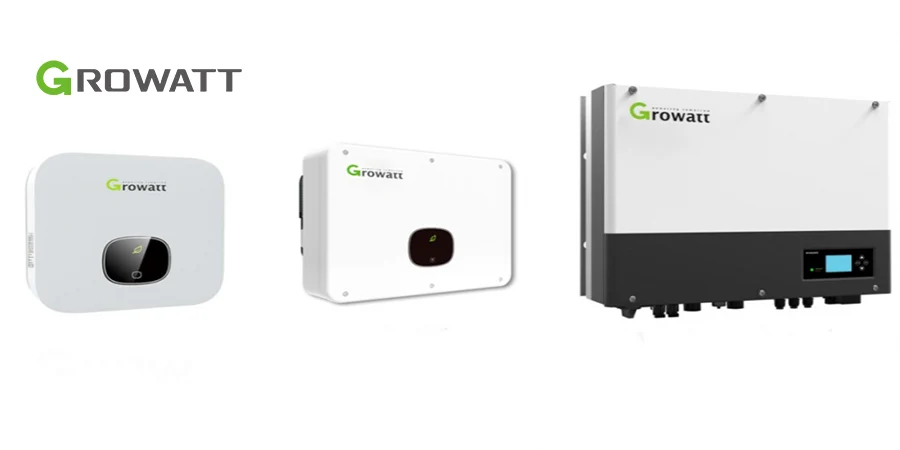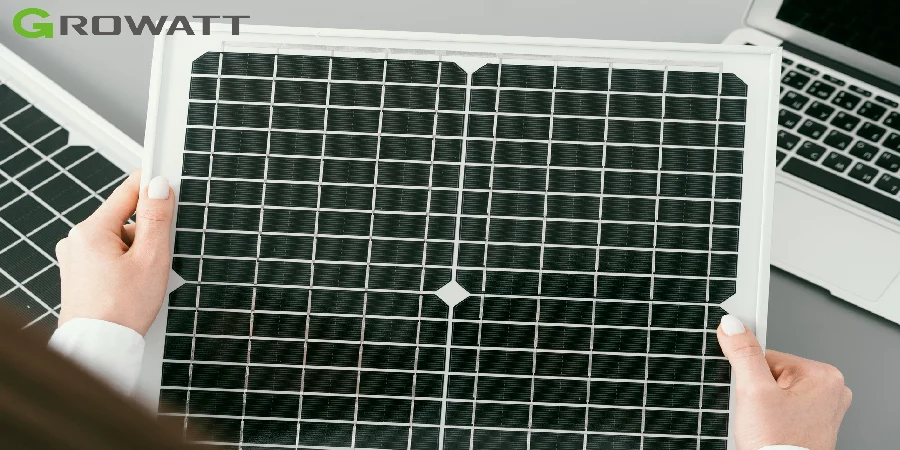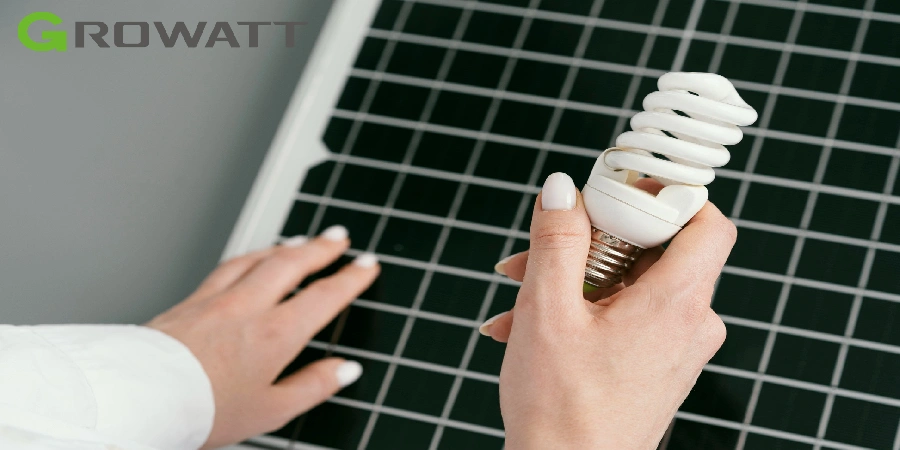Before we even understand what Inverter Size for Home we need to run a house, let us focus on the importance of having an inverter in the house first. As we know, inverters are a great help, especially during power outages. Inverters run on electricity even when the supply is off entirely. The primary function of these inverters is to convert the direct current to the alternating current. Make sure the place where you keep your house inverter is well-ventilated and has a suitable temperature for the inverter to be kept there. The house inverter must be raised from the ground’s surface, so you should not keep it on the floor. On the other hand, Growatt also provides the best hybrid inverters you can purchase. The hybrid inverters are perfect because they provide a guaranteed electricity supply; you have nothing to worry about with a hybrid one. Now that we read all these, we are sure you are wondering what size inverters I need to run a house. So the following is for you. Read carefully till the end.
Inverter Size for Home
Keeping the total load calculated, you need to choose an inverter for your house that has twice the total voltage of the devices you use and will use an inverter. It should be carefully selected as it can be risky and cause overloading.
For example, if the total load is, let’s say, 1200 watts, the size of the inverted should be twice this size, which will be 2400 watts.
It is a good question as to what size inverter I need to run a house, as it is a fundamental matter regarding cable handling with electricity. A perfect home inverter size can ensure your devices run on reliable current.
Using a solar inverter size calculator, we can calculate the array to the inverter, divide it by the direct current, and rate it by the maximum rating of an alternating current. This is what the solar inverter size calculator is used for.
For example, if you have a small house, consider an inverter that will be enough for your basic needs. You can choose 1000 to 3000 Watts inverters to support your primary usage for televisions, refrigerators, lights, and even washing machines. We are the biggest growatt inverter distributor company, if there is any problem contact us.
Efficiency is another important and influential factor in the size of inverters. Efficiency is calculated from the percentage of usable input power. An inverter with a higher efficiency uses less input power to produce the desired power, just like an inverter with a lower efficiency. With the load calculated, we recommend you choose an inverter size two times the total wattage of the devices you will be running on the inverter. let us explain it better, if your total load is 600 watts, you should choose an inverter size of 1200 watts.
It’s important to choose an inverter that is capable of meeting the power needs of devices to ensure high-efficiency operation. We provide a list of devices that are used at home along with their required wattage so that you can decide the best size of the inverter.
| Appliance | Wattage |
|---|---|
| Refrigerator | 200-700 watts |
| TV | 50-600 watts |
| Laptop | 50-95 watts |
| Desktop computer | 300-500 watts |
| Air conditioner | 1000-1200 watts |
| Play Station | 100-300 watts |
How to Connect to Inverters at Home?
It should be mentioned that an inverter is known to be a vital component of a backup power system. The main role is to convert the direct current from solar energy or even a battery, making it ideal for household appliance use.
To connect inverters at home is, at times, very challenging as you need to know the energy requirement of it.
The first and foremost thing you have to do is calculate the total wattage of the appliances you have in your house and desire to use. You can find the wattages mentioned on the appliances, but if you cannot, search them on the internet, and you will get all the details.
When calculating your total wattage, you have to consider two things: your device’s starting and running wattage.
In appliances with a motor, such as a refrigerator or even an AC, you will require higher wattage than the wattage they are running on. You will require an inverter that will handle the highest wattage needed for your house appliances. To get more details about Growatt off grid inverters , our technicians are here to guide you.
Whom to Approach for Guidance Regarding Inverters at Home
You can contact us, and our experts at Growatt will elaborate on all the details regarding the size of the inverter you need based on the size of your house. If you desire to know the Growatt inverter price, you can also ask our experts, and based on the details you provided, our experts will highlight the cost of it.
Challenges are everywhere on Earth, and we are all battling an ongoing power issue. Thanks to inverters, one can easily have an electricity supply no matter how often the power gets cut off completely.
Knowing about the different types of inverters that can be used at home is a great idea. But among these types, you need to choose the most secure and reliable one that will also be suitable for your electronic devices at home.
If you get a powerful inverter for your home, it will be able to supply power to many devices you use. Consult our experts and ask them for guidance on which type is ideal for your household.
You can even enquire about the Growatt hybrid inverter price and choose which one you want.




